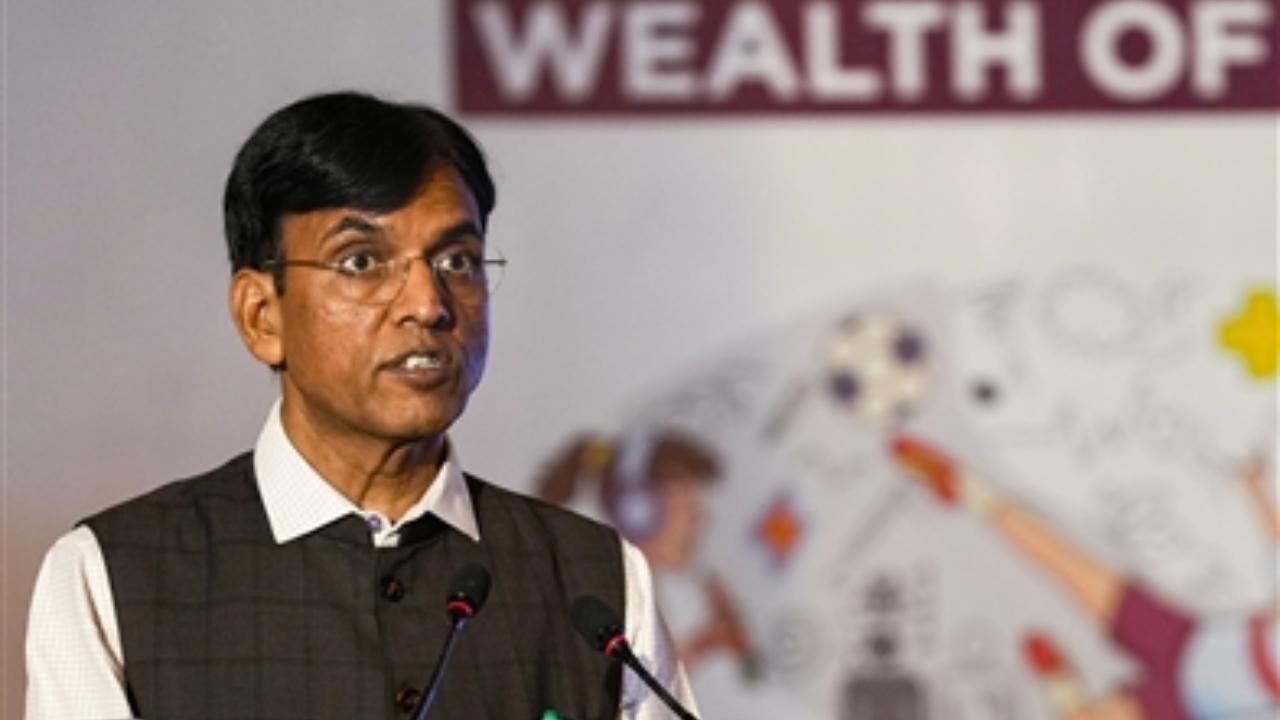A team of experts will be deployed in Uttar Pradesh, Bihar to support the two states in public health response measures to address heat-related illnesses, directed Union Health Minister Mansukh Mandaviya on Tuesday

File Photo
A team of experts will be deployed in Uttar Pradesh, Bihar to support the two states in public health response measures to address heat-related illnesses, directed Union Health Minister Mansukh Mandaviya on Tuesday.
The team will comprise experts from the Union health ministry, ICMR, IMD and NDMA.
The Union Health Minister Mansukh Mandaviya chaired a high-level meeting related to public health preparedness for heat wave management across India.
The Union Minister of State for Health Bharati Pravin Pawar and Dr V K Paul, Member (Health), NITI Aayog, were also present at the meeting.
Several states have been experiencing severe heatwave conditions for the last few days.
Mandaviya also directed the Indian Council of Medical Research (ICMR) to conduct research on how to minimise the effects of heat wave on health, with specific short, medium and long-term action plans.
Mandaviya emphasised that the Centre has taken timely measures ahead of the summer season to address heatwave-related illnesses.
This year in March, PM Modi chaired a meeting to review preparedness ahead of the summer season, and the health ministry issued a heatwave advisory in February, advising the states to review health facility preparedness in terms of essential medicines, intravenous fluids, packs, ORS, drinking water as well as dissemination of necessary IEC materials.
during the meeting, Mandaviya was briefed on the status of heatwaves in various states and the preparedness of central agencies in terms of the availability of required supplies and hospital infrastructure to provide timely and effective healthcare services.
The National Action Plan on Heat-Related Illnesses, prepared by the Union Ministry of Health and Family Welfare (MoHFW), was released in July 2021. The action plan highlights the standard operating procedures (SOP) for surveillance of heatstroke cases and deaths with a preparedness plan before and during the summer season. It also provides a special emphasis on Heat Related Illnesses (HRI) in the elderly, infants and children, pregnant women, outdoor and manual workers, and other vulnerable sections.
"Sensitisation of masses is important, but sensitisation and capacity building of medical officers, health staff and grass-root level workers on heat-related illnesses, their early recognition and management is also important," Mandaviya said.
(with inputs from PTI)
 Subscribe today by clicking the link and stay updated with the latest news!" Click here!
Subscribe today by clicking the link and stay updated with the latest news!" Click here!








